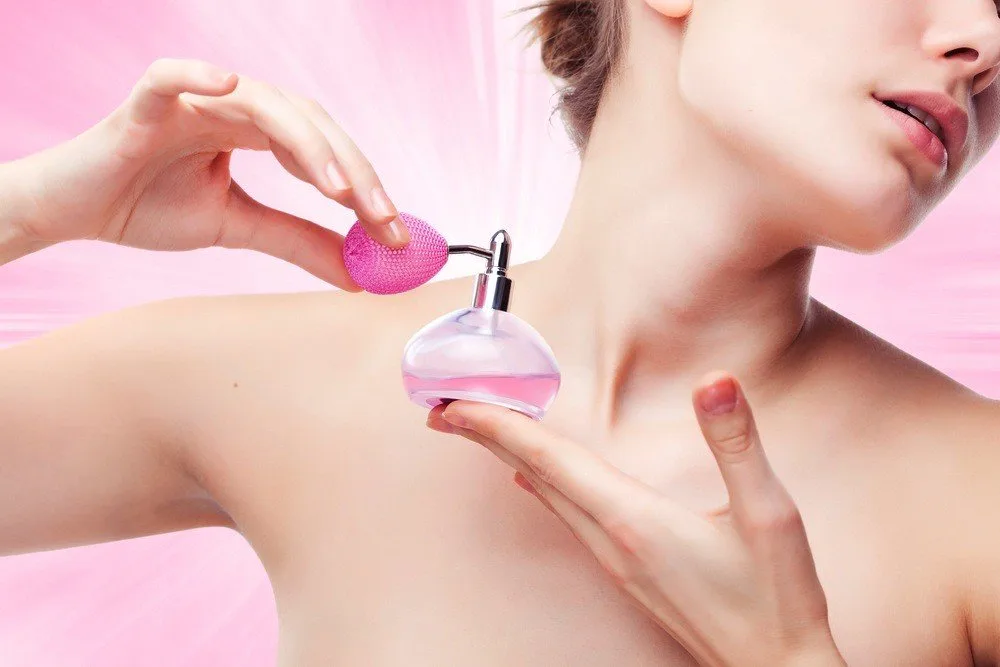Have you ever been transported to another place and time by a specific smell? Whether it’s freshly cut grass, your mom’s perfume, or your favorite comfort food, a scent can have a powerful effect on your psyche. That’s because smell is the only sense with a direct connection to the limbic system, which plays a critical role in both memory and emotion.
The authors of a new study on aromas and cognitive performance believe this connection may be more powerful than we realize. As they put it: “This unique access to the brain’s learning and memory systems may allow the olfactory system to prevent or reverse the deterioration of these systems via direct neural activation.” (1)
Wow!
The influence of scent in our lives
This isn’t just wishful thinking on their part. They share many reasons for their theory (1):
- Masala et al. (2022) demonstrated a positive association between olfactory function and cognitive reserve index.
- Olfactory enrichment (the addition of one or more scents to the environment) improved memory and neurogenesis in mice. This improvement took place 30 minutes after daily exposure over three months.
- Loss of smell results in the loss of both gray and white matter in the human brain. It is also a predictor of cognitive dysfunction, Parkinson’s disease, and various forms of dementia.
- Olfactory enrichment increased the thickness of the cerebral cortex in one study and increased cortical gray matter volume in another.
- Olfactory enrichment improved cognition in various human studies.
- When older adults with moderate dementia were exposed to 40 scents twice a day for 15 days, they showed “highly significant improvements” in memory, depression symptoms, language skills, and more.
- Olfactory loss precedes or accompanies cognitive decline in dementia.
In fact, over 70 neurological disorders are accompanied by a reduced sense of smell. If you’re interested, you can check out the study for the details.
The New Study
The researchers were looking for a simple way to get the benefits of olfactory enrichment. While having people sniff 40 scents twice a day is pretty cost-effective (essential oils last a long time), it isn’t particularly practical. Anyone with arthritis in their hands would struggle to open and close all those bottles, and it’s a bit tedious. Even people who could manage the bottles probably wouldn’t stick with them for long.
They decided to determine how older adults with no known cognitive impairment would respond to olfactory enrichment at night, while they slept. It doesn’t get much simpler than that!
Participants were given a diffuser and seven essential oils, one for each night of the week. The oils used were rose, orange, eucalyptus, lemon, peppermint, rosemary, and lavender. They turned on the diffuser when they went to bed, and it released its fragrance for two hours. The control group received the same diffuser and instructions, but their vials contained distilled water and a miniscule amount of essential oil.
The study continued for six months. Although it was small (partly due to logistical difficulties related to Covid-19), the results were highly significant.
The Results
Results from this scent study were measured by the Rey Auditory Verbal Learning Test, which evaluates various aspects of verbal learning and memory. And they were impressive: a statistically significant 226% difference between the enriched and control groups. They also found positive changes in the uncinate fasciculus, a brain pathway that deteriorates with age – and more dramatically in Alzheimer’s disease.
As the researchers put it:
“It is possible that high levels of olfactory stimulation are protective for the brain and that the symptoms of these neurological disorders only become evident when olfactory stimulation is low.”
The brain is stimulated by scent
They added that the effects of olfactory stimulation on the brain could explain why large prospective studies have found that olfactory ability predicts all-cause mortality in adults.
The enriched group also showed a slight increase in the average amount of sleep, although the difference was not statistically significant. But other studies have had more interesting results. Goel et al. (2005) demonstrated that olfactory stimulation during sleep deepens slow-wave sleep, the most restful part of the sleep cycle. They also reported that people report feeling more “vigorous” the next day. (2) Hardy and Kirk-Smith (1995) showed that fragrances improve both normal and abnormal sleep. In fact, their effects on abnormal sleep were comparable to those of sleep medication. (3)
Why not give this theory of scent a try?
With so many studies suggesting that scents can make you smarter, why not give them a try? You could get yourself a diffuser and turn it on when you’re ready to sleep, or you could buy a selection of essential oils and start your day with a few good sniffs. The options are only limited by your imagination.
REFERENCES
-
Woo, C. C., Miranda, B., Sathishkumar, M., Yassa, M. A., & Leon, M. (2023). Overnight olfactory enrichment using an odorant diffuser improves memory and modifies the uncinate fasciculus in older adults. Frontiers in Neuroscience, 17, 1200448. https://doi.org/10.3389/fnins.2023.1200448
-
Goel, N., Kim, H., and Lao, R. P. (2005). An olfactory stimulus modifies nighttime sleep in young men and women. Chronobiol. Int. 22, 889–904. doi: 10.1080/07420520500263276
-
Hardy, M. D., and Kirk-Smith, D. D. (1995). Replacement of drug treatment for insomnia by ambient odour. Lancet 346:701. doi: 10.1016/S0140-6736(95)92310-1




